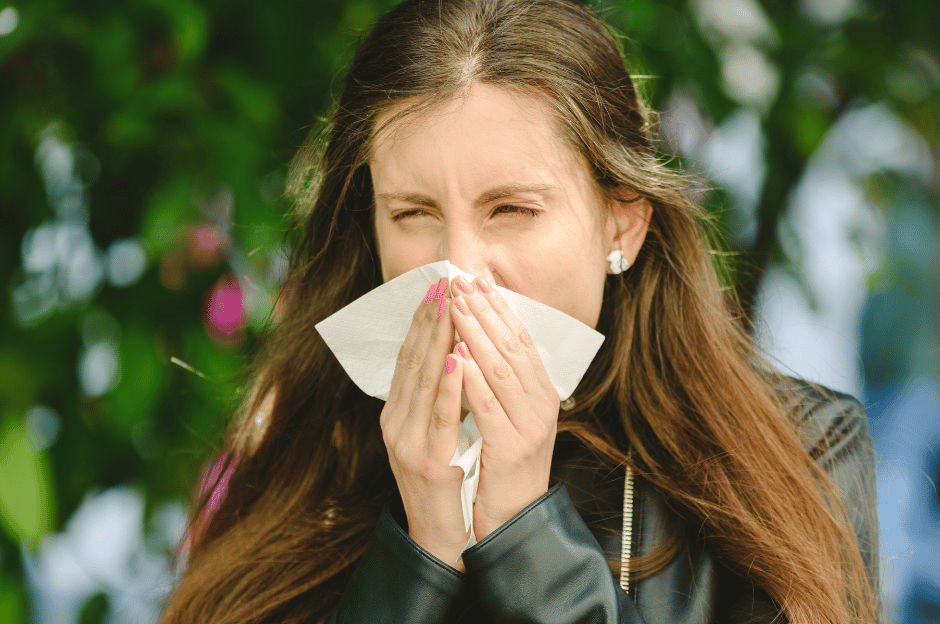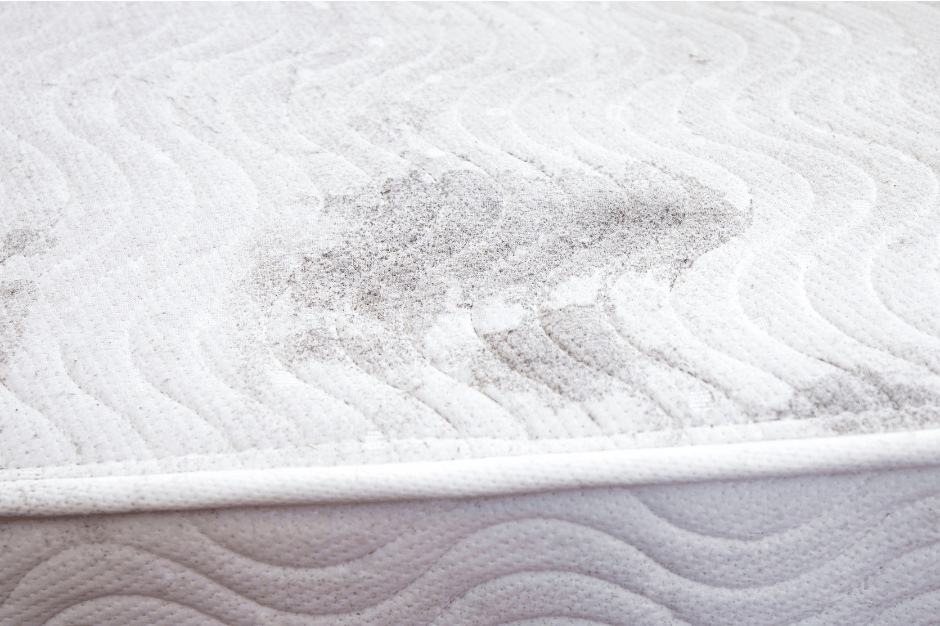Reducing Allergens In Your Home This Spring
Spring brings warmer weather, blooming flowers, and unfortunately, a sudden increase in allergens that can trigger allergies for many. From pollen and dust mites to mould spores, these unseen baddies can significantly impact your indoor air quality and overall wellbeing.
If you're looking to enjoy spring without the sneezing and sniffling, this guide is for you. We'll delve into the world of allergens, explore effective strategies to reduce them in your home, and highlight the crucial role of air conditioning in creating a healthier living environment.
So, let's delve into allergens and in what ways you can reduce them in your home this spring!

Understanding Allergens
For people with sensitivities, allergens, which are particles, trigger an immune response., leading to allergic reactions like sneezing, runny nose, itchy eyes, and even difficulty breathing. Common allergens that thrive in spring include:
- Pollen: Tiny grains released by trees, grasses, and weeds during their reproductive cycle.
- Dust Mites: Microscopic creatures that feed on dead skin cells and thrive in warm, humid environments like bedding and carpets.
- Mould Spores: Airborne reproductive units of mould, which can grow in damp areas of your home.
- Pet Moulting: Tiny flakes of skin shed by animals like cats, and dogs.
Although you can’t see these allergens with the naked eye, their impact on your health can be significant. Understanding where they come from and the effects of allergens is the first step to making your home a healthier environment.

Why Allergies Worsen in Springtime
Spring's warm weather and blooming plants lead to more pollen in the air. This, along with increased humidity, helps mould and dust mites grow.
Also, as we open windows and spend more time outdoors, we’re exposed to higher levels of these airborne allergens. This combination of factors are responsible for the "spring allergy season" and the increase in allergy symptoms experienced by many of us.
Simple Steps to Reduce Allergens in Your Home

Reducing allergens in your home can be simple. Here are some easy steps you can take to improve your indoor air quality:
- Regular dusting and vacuuming can help to remove dust mites, pet moult and other allergens.
- Washing all your bedding weekly and using allergen-proof covers.
- Reduce your indoor humidity levels. Many air conditioners contain a built in dehumidifier, but if not, a stand alone dehumidifier can help dramatically.
- Use a HEPA air purification filter in your air conditioner and use a vacuum with a HEPA filter too.
- Regularly have your air conditioning, and other ventilation systems, cleaned to ensure filters are kept clean.
The Importance of Ventilation
Fresh air is vital for a healthy home. Good ventilation helps remove indoor pollutants, including allergens, and brings in cleaner outdoor air. Opening windows and doors when the weather is good, using exhaust fans in kitchens and bathrooms, and ensuring your home is properly ventilated can make a big difference in reducing allergen levels and improving overall air quality.
How Air Conditioners Can Help Reduce Allergens
Air conditioning can make it easier to reduce allergens. Here's how:
- Filtration: Air conditioners come with filters that trap airborne particles, including pollen, dust mites, and pet moult. These filters act as a barrier, stopping allergens from spreading throughout your home.
- Dehumidification: Air conditioners also help control indoor humidity levels by removing excess moisture from the air. This not only creates a more comfortable temperature but also reduces the growth of mould and dust mites, which thrive in humid conditions.
- Circulation: Air conditioners constantly circulate and refresh the air in your home, reducing the concentration of allergens and improving overall air quality.
By effectively filtering, dehumidifying, and circulating the air, air conditioners provide a powerful defence against allergens, particularly during the spring season when pollen levels are high.
If you would like to discuss allergens and how air conditioners can help, call our Triforce Electrical & Air team on 1300 538 270.
To find out information about what times of the year plants usually flower all over Australia, visit the ASCIA Australian Society of Clinical Immunology and Allergy - Pollen Calender.
References:
Children's Health Queensland, QLD Gov
Mayo Clinic
Better Homes & Gardens
Asthma & Allergy Foundation of America
Choice - Can a HEPA Filter Vacuum Help With Allergies & Asthma